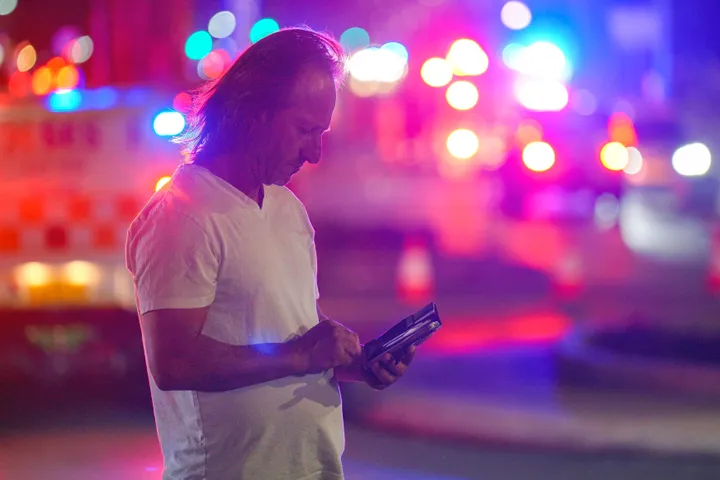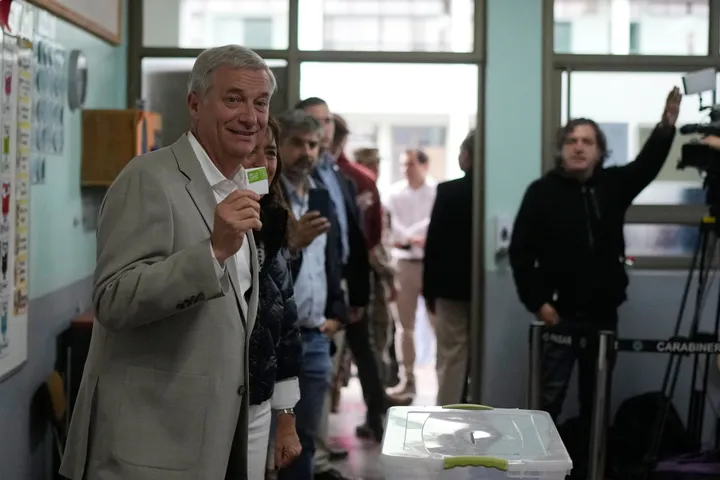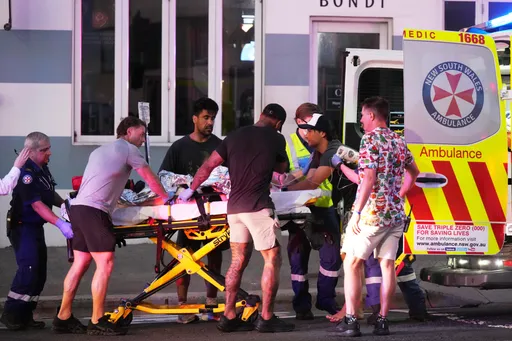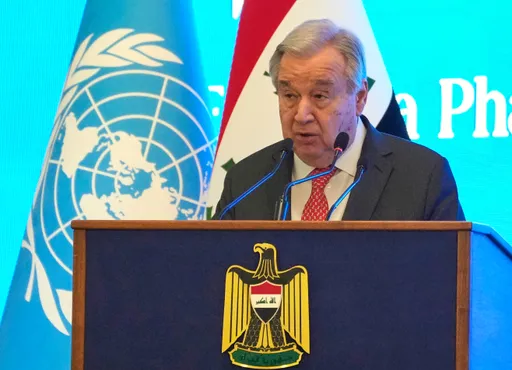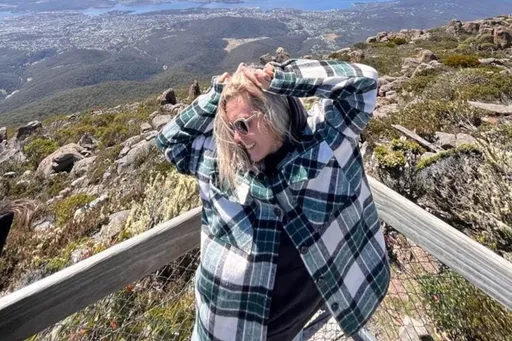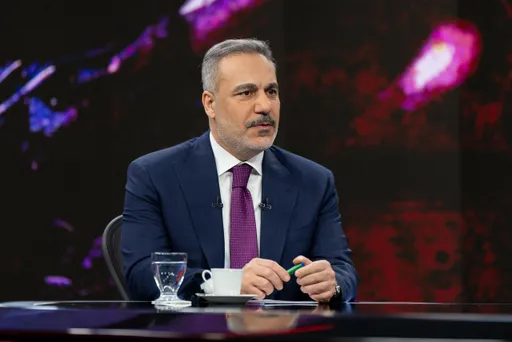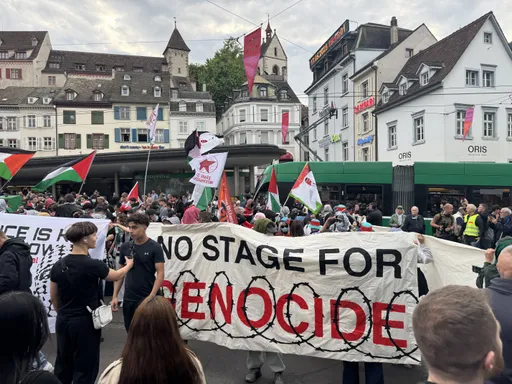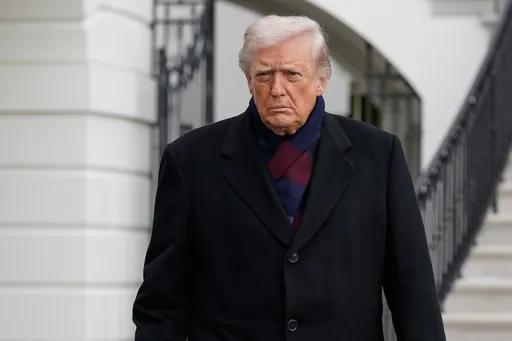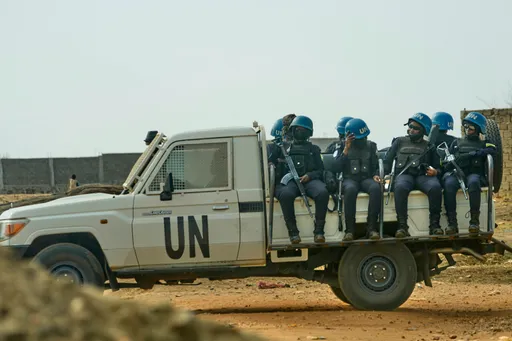Imagine you’re far away from your family and there’s no means of contacting them. Landlines aren’t working and the internet is blocked. There’s a complete communications shutdown.
“Don't worry about us if you don't hear from us for a few days or weeks.” That’s how conversations have transpired among the people of India-administered Kashmir for the past few days.
Despite the fact that Kashmir is already one of the most militarised areas in the world, a fresh troop deployment was made over the past week. There was a dramatic evacuation of non-locals from the region, creating panic and chaos in the valley.
There were instructions for everyone to get to safety, except the locals.
Now soldiers are guarding every nook and corner, even though the streets are empty.
There is an eerie silence, an uneasy calm. It’s not a dystopian TV series, but what is actually happening right now in India-administered Kashmir.
Normal life has been thrown out of gear. People are effectively caged at home with authorities imposing section 144 of the Code of Criminal Procedure (CrPC). Pro-India politicians have been placed under house arrest.
The worst fears for the average Kashmiri have materialised. India has scraped a law key to the Kashmir accession treaty, Article 370, with a rushed decree.
The article of the Indian Constitution forbids Indians outside the state from permanently settling, buying land, holding local government jobs and securing education scholarships in the region.
Here’s how the Kashmiri diaspora is reacting to the developments:
Anonymous
Events that have unfolded this morning have completed the (sense of) alienation we feel. This is how they reiterate the faith we reposed in the constitution, the parliament and the people of this country. Shame.
We had planned to go home for Eid, mostly to meet my 72-year-old mother, who has not been too well. Now we, with no communication, don’t even know when we will hear from back home.
That they plunge Kashmir into this crisis a week before our biggest festival, Eid ul Adha, tells you about their Machiavellian plans. Kashmir has never been about people, always about the land. Nothing makes it clearer.
Today we can only sit and pray and hope that the bloodbath that follows - and one will follow mark my words - spares our homes. A selfish prayer, but what to do when we have been abandoned, for each one to fend for ourselves?
The sovereign, secular, socialist, democratic republic of India just breathed its last. That it would need Kashmir as its graveyard was one I had prayed would never happen.
Anonymous
We have been anticipating this from Modi for a while, and today when finally the article has been revoked, just feels like powerless, unconstitutional. At the mercy of India. I fear for thousands of young boys who will come on to the streets, lay down their lives, only for India’s response “stone pelters paid by (Pakistan)”.
Kashmir without Kashmiris! That’s what India wants!
I don’t know how my family and relatives are doing in Kashmir. I hope they are safe, but there are absolutely no communication lines to reach them. I try my best not to think negatively, but can’t help thinking about them...I am praying for their safety.
Anonymous
It's difficult that we cannot reach our families. They have cut off all sources of communication. We have no way of knowing if our families are alright. We have no choice but to sit and suffer in silence.
I think for those of us who tried very hard to keep believing in the idea of a just and responsible India, it is an extremely big shock.
Maybe when we are on the outside we don't always see the rust that takes hold of the entire system. We don't see the breaking down of things minutely. We see the end result, the final collapse.
Anonymous
By scrapping Article 370 of the Indian Constitution, India actually is smoothing its way to change the demography of Jammu and Kashmir. It is the same tactic the Israelis had used with the Palestinian people.
Besides, scrapping this article means that India violates the resolutions of (the UN Security Council) on Kashmir.
It is the duty of the international community to hold India accountable for its doings and build pressure on it so that holding the plebiscite in Jammu and Kashmir becomes possible.
It is very difficult for me to concentrate on my studies. I'm not getting any news about my family as the telecom service as well as the internet has been suspended. There is no way for me to reach them.
Just two hours before the internet blackout I spoke with them, their faces were very calm and they tried their best to make me feel that everything here is OK and I should not worry about them.
These accounts appear as they were narrated to TRT World and identities were hidden to protect interviewees from possible repercussions.

